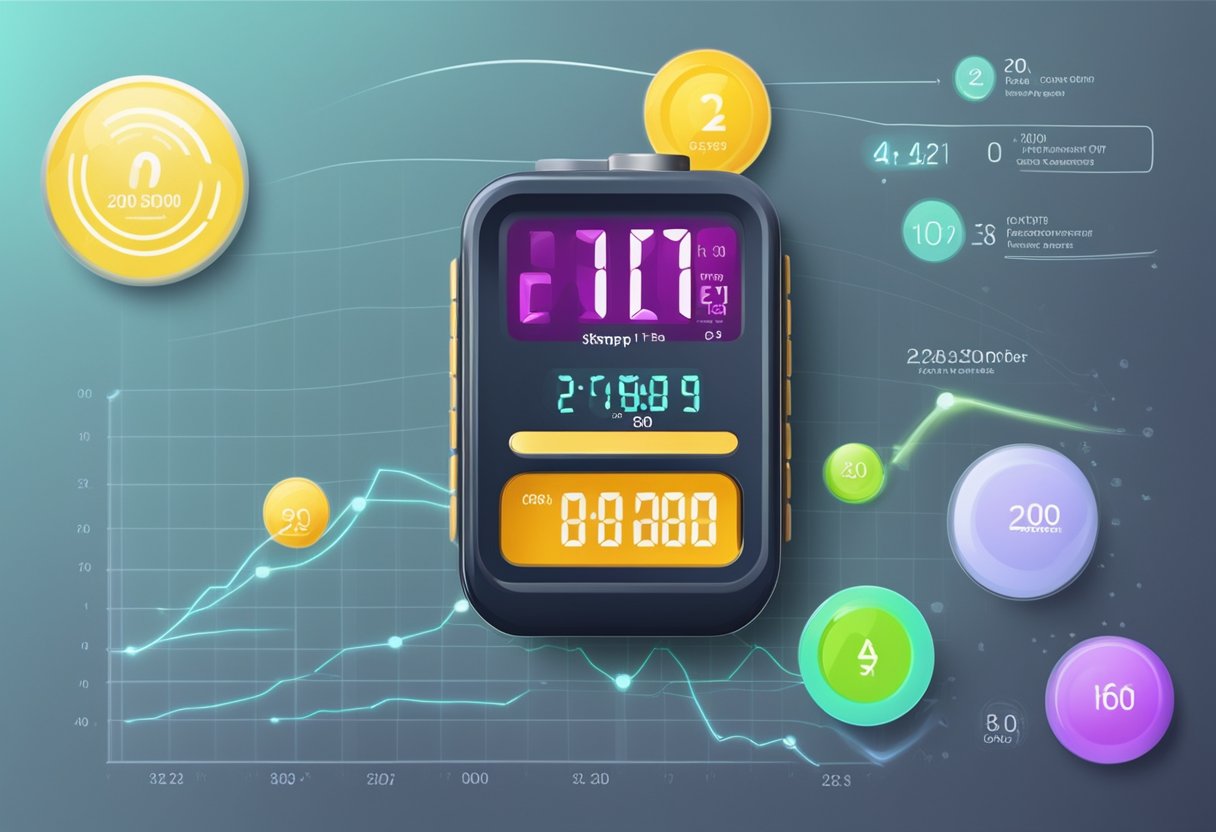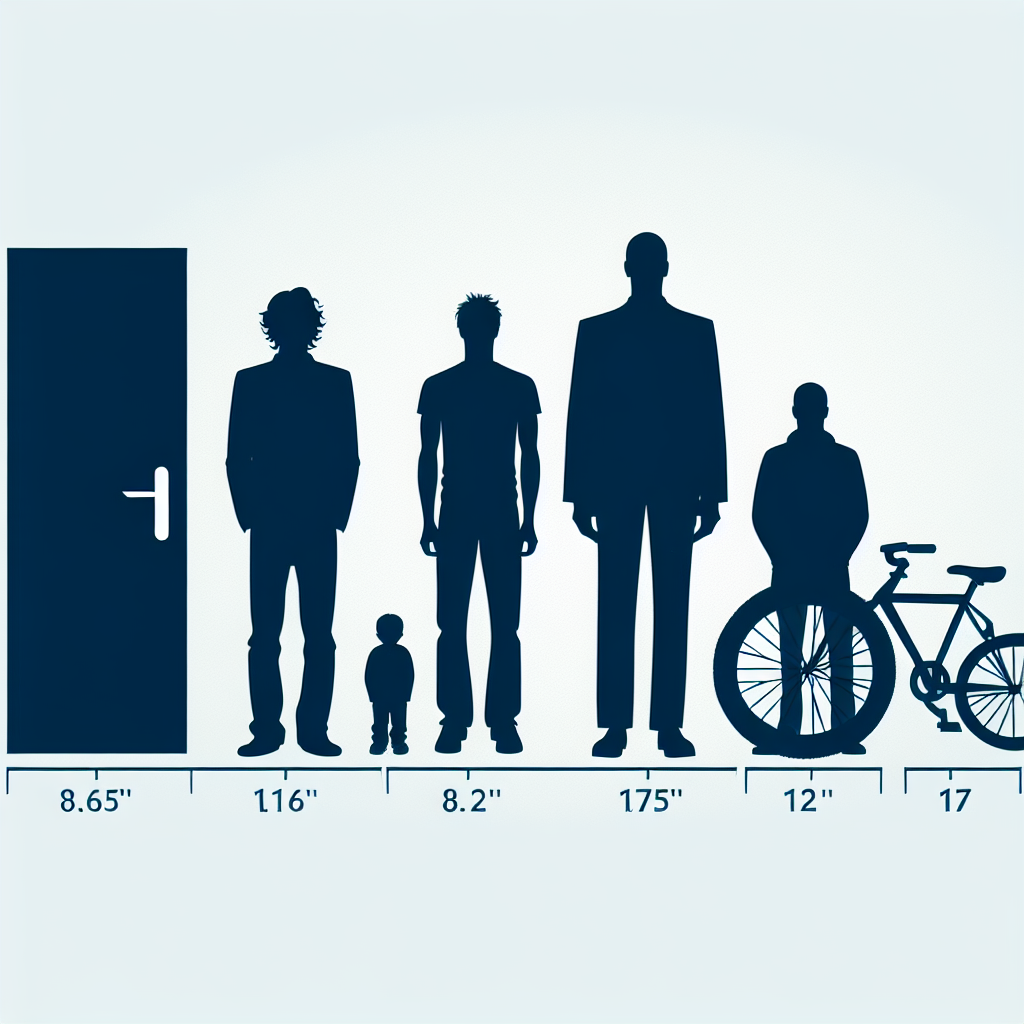Understanding Low Heart Rate Symptoms: What You Need to Know
Discover the symptoms of a low heart rate and understand their implications for your health. Learn what to look out for and when to seek help.

What is a Low Heart Rate?
Low heart rate, or bradycardia, occurs when your heart beats fewer than 60 times per minute. While a low pulse can be normal for some athletes, it may be a sign of underlying health issues for others. It is crucial to understand the symptoms associated with a low heart rate to address potential concerns promptly.
Common Symptoms of Low Heart Rate (zu niedriger puls symptome)
If you suspect you have a low heart rate, be vigilant for the following symptoms:
- Fatigue: Experiencing abnormal tiredness throughout the day, even after adequate rest, is a common symptom.
- Dizziness or lightheadedness: A reduced heart rate can lead to inadequate blood flow to the brain, resulting in feelings of dizziness or faintness.
- Shortness of breath: If you find it difficult to breathe during mild activities or even while at rest, it could be tied to your heart’s inability to pump effectively.
- Confusion or memory problems: Reduced oxygen supply to the brain can cause issues with memory and cognitive function.
- Chest pain: Although less common, some individuals may experience chest pain or discomfort due to bradycardia, warranting immediate medical attention.
- Palpitations: Some people may feel an unusual sensation of their heart beating slowly or irregularly.
When to Seek Medical Attention
If you experience persistent symptoms of a low heart rate, it is crucial to consult a healthcare professional. Specifically, you should seek immediate medical help if you:
- Experience severe dizziness or fainting
- Develop chest pain or discomfort
- Have severe fatigue affecting your daily activities
- Notice confusion or changes in your mental state
A healthcare provider may perform tests such as an electrocardiogram (ECG) to determine the underlying cause of your symptoms and whether treatment is needed.
Potential Causes of Low Heart Rate Symptoms
Understanding the causes of a low heart rate can help in managing symptoms more effectively. Some common causes include:
- Heart Conditions: Conditions like heart block, sick sinus syndrome, or previous heart surgeries can contribute to bradycardia.
- Medications: Certain medications, especially those used to treat heart conditions, can lower heart rate as a side effect.
- Electrolyte Imbalance: An imbalance of potassium, calcium, or magnesium can affect heart function, leading to a lower heart rate.
- Hypothyroidism: An underactive thyroid can result in a slower metabolism and reduced heart rate.
- Sleep Apnea: Severe cases of sleep apnea may contribute to bradycardia during sleep.
Lifestyle Changes to Address Low Heart Rate Symptoms
You can implement several lifestyle changes to help manage low heart rate symptoms:
- Regular Exercise: Consultation with a healthcare provider regarding suitable physical activities can help strengthen heart health.
- Healthy Diet: Incorporating nutrient-dense foods can help maintain overall health, including heart function.
- Stay Hydrated: Dehydration can impact heart rate; ensure adequate fluid intake.
- Avoid Excessive Alcohol and Caffeine: Both substances can negatively affect heart rate and overall cardiovascular health.
Medical Treatments for Low Heart Rate Symptoms
If symptoms persist or worsen, medical interventions may be necessary. Possible treatments include:
- Adjusting Medications: Your doctor may suggest changes to any medications that may be affecting your heart rate.
- Pacemaker Installation: In severe cases, a pacemaker might be recommended to regulate the heart rate effectively.
- Addressing Underlying Conditions: Treating conditions like hypothyroidism or electrolyte imbalances can improve heart rate.
Conclusion
Recognizing the symptoms of a low heart rate (zu niedriger puls symptome) is essential for maintaining heart health. If you experience any concerning symptoms, consult with a healthcare professional to determine the best course of action. Early intervention can make a significant difference in treatment outcomes.
New posts

Understanding Normal Pulse Rates: What Is a Normal Pulse?
Fitness

Understanding Ruhepuls 60: A Guide to Optimal Heart Rate
Fitness

Understanding Ruhepuls 45: The Ideal Resting Heart Rate for Your Health
Fitness

Understanding Normal Pulse Pressure: What You Need to Know
Lifestyle

Low Blood Pressure and Trembling: Understanding the Connection
Wellness

Understanding Low Blood Pressure at Night: Causes, Symptoms, and Management
Wellness

Understanding Pulsdruck: Key Insights into Your Blood Pressure Dynamics
Wellness

Understanding Why You Might Experience Niedriger Blutdruck
Lifestyle

Effective Strategies to Lower Blood Pressure
Fitness

Understanding Low Blood Pressure and Tiredness: Insights and Solutions
Lifestyle
Popular posts

Understanding Low Blood Pressure and Tiredness: Insights and Solutions
Lifestyle

Effective Strategies to Lower Blood Pressure
Fitness

Understanding Blood Pressure: What Does 140/80 Mean?
Lifestyle

Navigating Low Blood Pressure and High Pulse: Key Insights
Wellness

Understanding Low Blood Pressure with High Pulse Rate
Wellness

Understanding Normal Blood Pressure: A Deep Dive
Wellness

Effective Strategies for Managing Heart Palpitations: What to Do When Experiencing Herzrasen
Lifestyle

Recognizing the Symptoms of High Blood Pressure
Wellness

What to Do When You Have a High Heart Rate
Lifestyle

Understanding Low Blood Pressure: What Does the Lower Value Mean?
Wellness